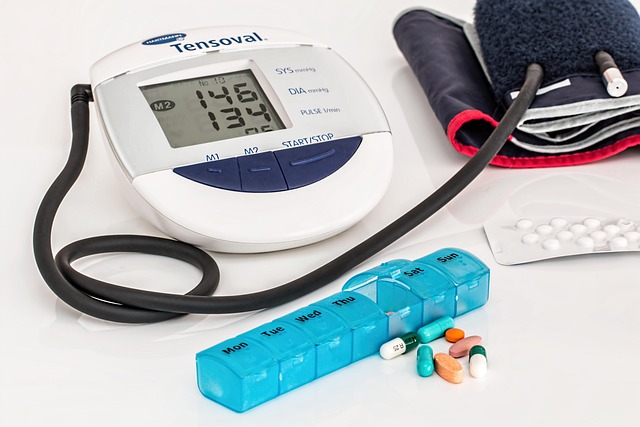Managing congestive heart failure: treatment options and care
Congestive heart failure is a chronic cardiac condition that affects the heart’s ability to pump blood effectively. Understanding what it is, the common causes and risk factors, typical symptoms, and the range of treatment options helps patients and caregivers engage with healthcare teams and make informed decisions about care and daily management.

What is congestive heart failure?
Congestive heart failure describes a syndrome in which the heart cannot deliver sufficient blood flow to meet the body’s needs or can do so only at elevated filling pressures. It often reflects impaired pumping (reduced ejection fraction) or impaired filling (preserved ejection fraction). Over time, compensatory mechanisms such as fluid retention and increased heart rate can temporarily support circulation but may worsen symptoms. Diagnosis combines clinical assessment with imaging and laboratory tests to determine underlying causes and guide management.
Causes and risk factors of congestive heart failure
Common causes include coronary artery disease and heart attacks that damage heart muscle, long-standing high blood pressure, and cardiomyopathies of various types. Valvular heart disease, chronic arrhythmias, infections that affect the heart, and congenital heart defects can also lead to failure. Major risk factors that increase the likelihood of developing congestive heart failure include diabetes, obesity, smoking, sedentary lifestyle, excessive alcohol use, advancing age, and certain chemotherapy drugs. Identifying and managing these factors is central to prevention and progression control.
Symptoms commonly associated with congestive heart failure
Symptoms vary by severity but frequently include shortness of breath during activity or at rest, difficulty breathing when lying flat (orthopnea), and nighttime breathlessness (paroxysmal nocturnal dyspnea). Patients often report persistent fatigue, reduced exercise tolerance, swelling in the legs and abdomen from fluid retention, unexpected weight gain, and a chronic cough or wheeze. Symptom patterns and daily weight changes are useful indicators for patients and clinicians to monitor for worsening heart function.
Treatment options including medications and procedures
Treatment typically combines medicines, device therapies, and occasionally surgical procedures tailored to the cause and severity. Medications commonly used include diuretics to reduce fluid overload, ACE inhibitors or ARBs to lower cardiac stress, beta-blockers to improve function and reduce arrhythmia risk, mineralocorticoid receptor antagonists, and newer agents such as SGLT2 inhibitors that show benefit in many patients. Procedures can include coronary revascularization, valve repair or replacement, implantation of devices such as implantable cardioverter-defibrillators (ICD) or cardiac resynchronization therapy (CRT), and in advanced cases ventricular assist devices or heart transplantation.
Diagnosis and monitoring
Diagnostic evaluation begins with a focused history and physical exam and is typically supported by tests: electrocardiography to detect arrhythmias or prior infarction; echocardiography to assess heart structure and function; chest radiography to evaluate fluid in the lungs; and blood tests including natriuretic peptides (BNP/NT-proBNP) to assess cardiac strain. Ongoing monitoring includes regular clinical reviews, medication adjustments, lab monitoring for kidney function and electrolytes, and patient self-monitoring of daily weight, symptoms, and blood pressure.
Lifestyle measures and local services for ongoing care
Nonpharmacologic measures complement medical treatments: sodium and fluid intake management, tailored physical activity or cardiac rehabilitation, smoking cessation, weight control, and vaccination against influenza and pneumococcus. Education about self-monitoring and medication adherence improves outcomes. Many communities offer heart failure clinics, cardiac rehabilitation programs, home health nursing, and multidisciplinary teams; ask your healthcare provider about local services in your area to support follow-up and disease management.
This article is for informational purposes only and should not be considered medical advice. Please consult a qualified healthcare professional for personalized guidance and treatment.
In summary, congestive heart failure is a complex condition that requires individualized care combining medication, possible procedures, lifestyle adjustments, and regular monitoring. Early recognition of symptoms, management of risk factors, and coordinated care with healthcare professionals can reduce symptoms and improve quality of life for people living with this condition.




